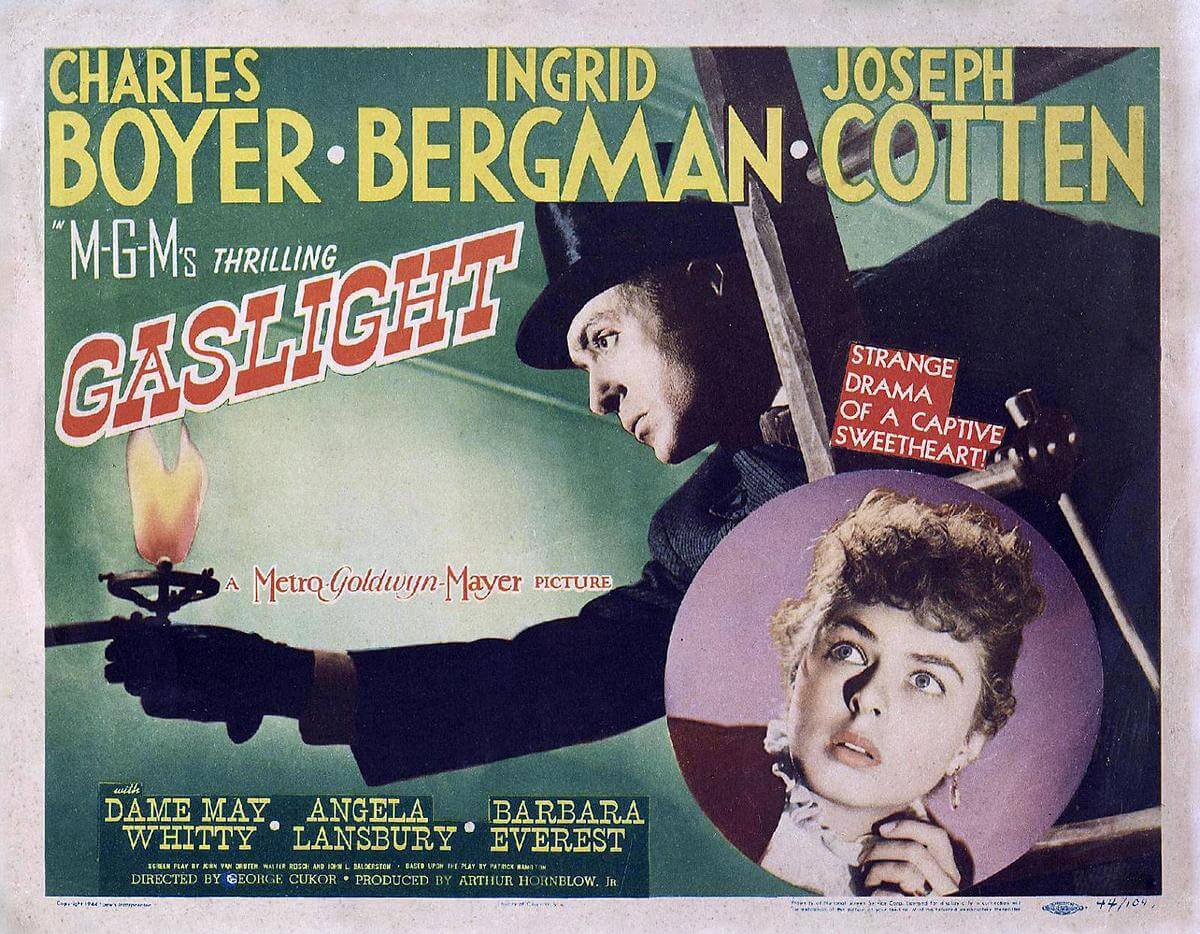What is “Narcissistic Rivalry”? It is something that develops over time as people with Narcissistic Personality Disorder (NPD) test their friends, family members, and co-workers to see if they will remain compliant and doting narcissistic supply sources. Those who fail to worship at the feet of an abusive person or who refuse to comply with their irrational demands are typically forced to endure pervasive amounts of social persecution.
The angry abuser projects their own egocentric nature on to their target in an attempt to blame shift while saving face when and if their rude and terrorizing behaviors are made known. Fiercely competitive, they lash out as well as back against any perceived insult — no matter whether one was intended or not.
More extreme personality types like Malignant Narcissists, Psychopaths, Narcopaths, Dark Triads, and Sociopaths attack people they perceive to be competitive rivals — despite their victim’s not even knowing they are in any form of social competition in the first place.
Granted, their behavior is persistently irrational, grandstanding, and reflects their own personality disorder, but the more extreme they are in dysfunction the more likely they are to make the rudest and slanderous or libelous assaults on other people without remorse randomly throughout their day.
If they themselves are weaker Flying Monkey covert-style predators (the person being attacked), even their Enablers are at risk of catching flack. The Narcissist who originally sought their devotion in mob attacking others will begin a process of sabotaging, undermining, and smear campaigns against a perceived rival that leaves nearly every human who witnesses their negative actions with a bad taste in their mouth at best.
Since narcy people tend to run in packs, it’s normal for strong Ns to target and go after their supply sources and Enablers when and if their preferred scapegoats are unavailable for them to torment and/or cyberbully on any given day.
At worst, targets and collateral damage victims end up so traumatized they end having to do a tremendous bout of psychological and emotional cleanup work in order to recover.
The Narcissists themselves, however, simply will escalate their sniping and back-stabbing routines, never realizing or caring how their bickering or infighting affects others. The entire process leaves victims and targets feeling abused.
The Narcissist, on the other hand, only feels pleasure, power, and a sense of his or her own boredom having been abated. As such, the smirk you will see wash subtly over their face during private moments reflects nothing more than contempt for their scapegoats as they seem to look amused. It’s truly a hallmark of having Cluster B.
According to Scientific American, “Mitja Back and colleagues recently conducted a study in which they tracked changes in popularity over several time points. They drew on their new theory of narcissism, called the “Narcissistic Admiration and Rivalry Concept”. According to their theory, narcissists’ overarching goal of maintaining a grandiose self is pursued by 2 separate pathways: narcissistic admiration (assertive self-enhancement) and narcissistic rivalry (antagonistic self-protection). Despite being positively related to each other, these two different components of narcissism differentially predict interpersonal orientations, reactions to transgressions in friendships and romantic relationships, interpersonal perceptions during group interactions, and observed behaviors in experimental observations.”
Narcissists were initially perceived by strangers as charming, interesting due to charisma, and seen as leaders — until people spend a few days with them and changed their minds about what they witnessed and experienced while interacting with the toxic person. “Narcissistic admiration explained initial popularity, while a decrease in narcissistic admiration and an increase in narcissistic rivalry as time passes was responsible for the decline in popularity. By the end of a three week period and several social interactions, narcissists were regarded as untrustworthy by their peers…” according to Scientific American.
The well-respected news source went (surprisingly) to give readers some Narcissistic Abuse Recovery advice. They went on to say, “[Our] advice for those who are dating is to look beyond initial superficial appearances and behaviors, and really see the person in multiple contexts first before you decide to take the relationship to the next level with a person.” They correctly pointed out, “Particular contexts trigger either the positive or negative pathway in narcissists…” followed by sharing a great suggestion.
Effectively, they shared the same intel we’ve been saying on FlyingMonkeysDenied.com — learn how to observe circus monkeys in their natural or preferred habitats from a safe distance and avoid entanglement.
Learning how to observe (rather than react) to Narcissistic Abuse is key. The folks over at Scientific American say, “A great test for [classic NPD or textbook Narcissism] is whether [or not an abusive or passive-aggressive] person gets really aggressive after their ego is threatened in any way.” If they are an overt or covert Narcissist by nature, expect them to nurture narcissistic injuries. Narcissistic Injuries are slights against them perceived by the Narcissist as their own imagined proof they are in competition with their targets, abuse victims, and rivals.
Hence, the development and promotion of the concept of Narcissistic Rivalry. It’s most oftentimes seen between antagonistic family members who live to snub, snark, and slight one another. It also manifests on playgrounds and in elementary school classrooms most often. Narcissistic co-workers are oftentimes guilty of manufacturing competitive rivalries between co-workers in a dysfunctional manner, promoting the social, financial, and emotional destruction of one or more team members to amuse an angry or otherwise vindictive Narcissist.
Narcissistic Rivalry, then, as a concept, truly epitomizes short-term and undermining thinking. Why would a person choose to actively cause harm or dismay for one of their own professional team members (thereby damaging the entire business model) or insist on hurting one of their own family members at the expense of children, themselves, and the entire structure?
Once you think it through in those terms, whether you have genuine empathy for others or not stops mattering. What DOES matter is why an egocentric person would do something so foolish. The answer is not rooted in any intelligent answer related to their IQ.
Narcissists and Narcissistic people are not stupid. They are, however, utterly selfish, egocentric, dominating, attention-seeking, delusional (perceiving every social interaction as a competition of sorts), will do whatever it takes to win at all costs (even if it destroys the team while sabotaging themselves). Ultimately, all Narcissistic people — despite their charm, charisma, and bravado or bravada, are fundamentally socially and emotionally immature.
Dangerous on a team, dangerous in a family, socially destructive, and inept romantic partners, for all the posturing and bragging they do to inflate their own ego while attempting to impress or intimidate others, those with NPD truly make life for everyone who comes into contact with them a lot less pleasant and emotionally rough… especially when and if such manufactured triangulations like Narcissistic Rivalries pop up.



